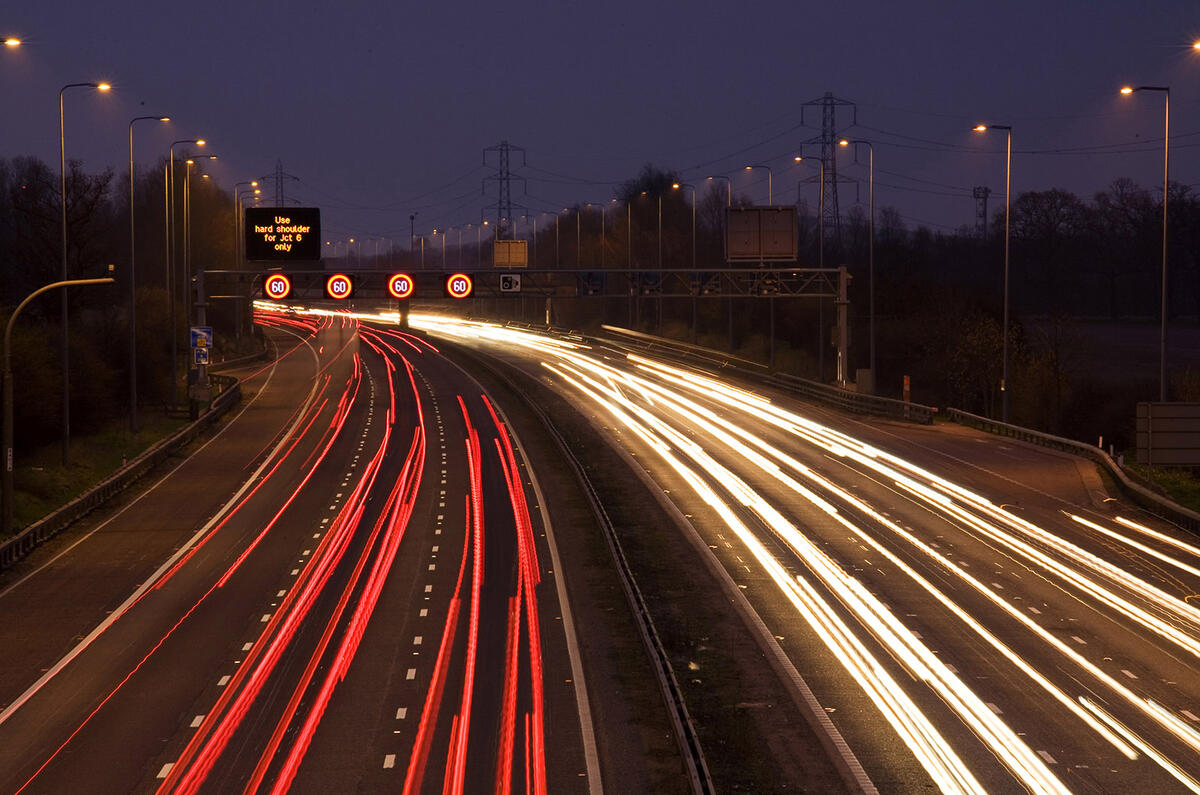The Department for Transport (DfT) will continue to function as normal, despite earlier reports claiming the department will be rolled into an 'Infrastructure' umbrella department.
Previous reports suggested that the DfT will be abolished along with the Department for Energy and Climate Change and the Department for Business, Innovation and Skills, and that these will be combined to form Infrastructure and Industry.
The appointment of Chris Grayling MP - formerly leader of the House of Commons - as the new secretary of state for transport confirms that the Department survived the dramatic restructure. Elsewhere, former Transport secretary Patrick McLoughlin has been made Chairman of the Conservative Party. The positioning of Greg Clarke as the Secretary of State for Business, Energy and Industrial Strategy confirms that the other half of the plans went ahead as reported, as Clarke's new role combines the previous roles of multiple MPs.
The DfT has its own budget, and in addition to being responsible for rail and other public transport forms, it's currently dealing with the ongoing Volkswagen emissions scandal and is overseeing the introduction of autonomous vehicles in the UK, and will continue to do so under Chris Grayling.
The department in the last few years has come under fire for its maintenance and repair of UK roads; it's not yet known if Grayling will ramp up efforts to repair the roads - we expect more details on this in the treasury's autumn budget statement, which will be delivered by the new chancellor, Philip Hammond.
Environmental groups have already spoken out against the abolition of the Department for Energy and Climate Change, but the DfT's control over sustainable transport development means that this is unlikely to affect the transport sector considerably.





Join the debate
Add your comment
Perhaps
All lane running in peak